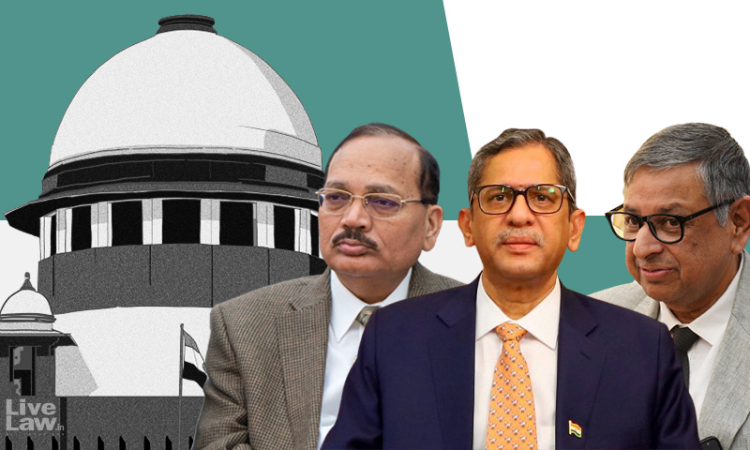"Show Us One Appointment You Made": Supreme Court To Centre In Tribunal Matter- Read Full Courtroom Exchange
Mehal Jain
16 Aug 2021 2:09 PM IST

Next Story
16 Aug 2021 2:09 PM IST
The Supreme Court on Monday demanded from the Centre the rationale behind the recently-passed Tribunal Reforms Act, 2021 after the Court struck down the Tribunals Reforms (Rationalisation and Conditions of Service) Ordinance, 2021.The bench of Chief Justice N. V. Ramana and Justices Surya Kant and Aniruddha Bose was hearing a petition seeking directions for the constitution of the Goods...
